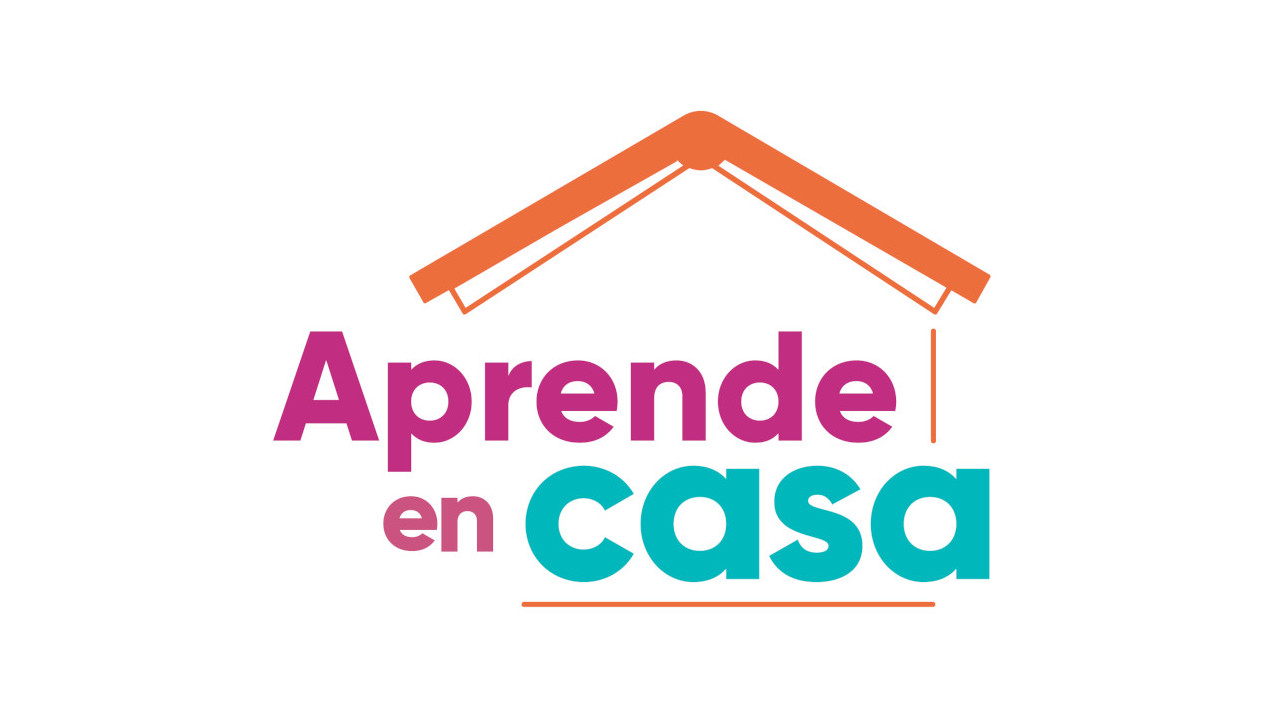Las partes de la receta
Valoración de la comunidad:
Última Actualización:
6 de Febrero de 2025 a las 16:04Aprendizaje esperado: explora y reconoce recetas.
Énfasis: explora los elementos de una receta sencilla.
¿Qué vamos a aprender?
Aprenderás los elementos de una receta.
|
In previous classes we learned different moods, such as: happy, sad, angry, surprised, scared and hungry. |
En clases pasadas aprendimos diferentes estados de ánimo, como feliz, triste, enojado/a, sorprendido/a, y hambriento/a. |
|
Today I am very happy because we are going to start a new topic. |
Hoy me siento muy feliz porque empezaremos un nuevo tema. |
¿Qué cosa nueva vamos a aprender?
|
We are going to learn about recipes. |
¿Vamos a aprender acerca de recetas? |
¡Qué bien!
|
¡Yes! We are going to learn the parts of a recipe. |
Hoy aprenderemos las partes de la receta. |
|
¿Do you know the parts of a recipe? |
¿Conocen las partes de la receta? |
|
Don’t worry. Today we are going to learn them. |
No se preocupen, hoy las vamos a aprender. |
¿Qué hacemos?
|
Here I have a recipe. |
Aquí tengo una receta. |
|
What is a recipe? |
¿Qué es una receta? |
|
A recipe is a set of instructions to prepare a dish or a drink. |
Una receta es un conjunto de instrucciones para preparar algún plato de comida o alguna bebida. |
|
Let´s see the parts of a recipe. |
Veamos las partes de una receta: |
|
Title: It tells us what we will be making. |
Título. Nos dice lo que vamos a preparar. |
|
Ingredients: The items we will use to make the dish or the drink. |
Ingredientes. Son los elementos que usaremos para preparar algún plato de comida o una bebida. |
|
Preparation steps. |
Pasos de preparación. |
|
The order of instructions that we need to follow. |
El orden de instrucciones que necesitamos seguir. |
|
Pay attention to this poster of an illustrated lemonade, here you can find all the parts of the recipe. ¿Can you identify them now? |
Pon atención a este poster de una limonada ilustrada, aquí puedes encontrar las partes de la receta. ¿Puedes identificarlas ahora?
|

|
To help you memorize the parts of a recipe, let´s sing this song.
|
Para ayudarles a memorizar las partes de una receta, cantemos esta canción. |
|
Pay attention, girls and boys! |
¡Niñas y niños, pongan atención! |
-
Canción. Parts of a recipe.
|
Let´s read it again and see the names of the ingredients we need. |
Leamos el póster de nuevo y veamos los nombres de los ingredientes que necesitamos. |
|
Let’s also read the steps we need to follow to make lemonade. |
Leamos también los pasos a seguir para hacer limonada. |
Title: Lemonade.
Ingredients:
1 Liter of water.

5 Spoons of sugar.

4 Lemons or limes.

Preparation steps:
-
Squeeze lemon or lime juice into the water and mix.

-
Pour the sugar into the water and mix.

-
Drink and enjoy.

Recuerda no agregar mucha azúcar, o si prefieres puedes eliminarla de la receta.
|
To memorize the ingredients, we are going to represent each ingredient with a gesture |
Para memorizar los ingredientes, vamos a representar cada uno con un movimiento. |
Water, sugar, lemons or limes
|
Let´s look at these illustrated preparation steps and we will read them, making movements for each one. |
Observemos estos carteles con los pasos de preparación ilustrados y los leeremos haciendo un movimiento para cada uno.
|



|
Pour the sugar, squeeze the lemons or limes and drink. |
Vierte el azúcar, exprime los limones y bebe. |
|
Let´s listen to this song that talk about the preparations steps to make lemonade. |
Escuchemos esta canción que habla acerca de los pasos de preparación para hacer limonada. |
-
Canción: Preparation Steps:
https://www.youtube.com/watch?v=FsTgRs9px2Q&ab_channel=MaterialesAprendeenCasa
You squeeze the lemon, lemon into the water water, water.
You squeeze the lemon, lemon into the water water, water.
And then you mix, mix, mix.
You pour the sugar, sugar, sugar, into the water, water.
You pour the sugar, sugar, sugar, into the water, water.
And then you mix mix, mix.
¿Qué vas a hacer ahora?
|
Here in these cards, we have the preparation steps written, and here I have these illustrated parts of a lemonade recipe. |
Aquí en estas tarjetas tenemos los pasos de preparación y estas ilustraciones tienen las partes de la receta de limonada. |
Puedes recortarlas con ayuda y pegarlas en tu cuaderno y escribe en cada una a cuál ilustración corresponde los pasos de la receta de acuerdo a la canción.




|
Now let´s watch this video of the song: “Parts of a recipe” to help you identify each one of them. |
Veamos este video de las partes de una receta para ayudarles a identificar cada una de ellas. |
-
Video. Parts of a recipe.
https://www.youtube.com/watch?v=zwehy0POg1Q
Parts of a recipe:
The title.
The ingredients.
The preparation steps.
What´s the favorite preparation step of the lemonade recipe?
¿Qué es eso que está ahí, un buzón?

|
Exactly, a mailbox! some students from Aprende en casa have sent us some messages telling us which are their favorite steps from the lemonade recipe. Let´s read them. |
Algunos alumnos de Aprende en casa nos enviaron algunos mensajes diciéndonos cuál es el paso de preparación favorito de ellos. |
Observa los dibujos:
|
Benjamín |
David |
|
|
|
|
Jesica |
Lucero |
|
|
|
|
Now let´s review the ingredients to make a lemonade. |
Revisemos los ingredientes para hacer limonada. |
Water.

Sugar.

Lemon or lime.

|
Let´s review the preparation steps. |
Repasemos los pasos de preparación. |
-
Squeeze lemon or lime juice.

-
Pour a little sugar into the water.
-
Mix.


El reto de hoy:
|
You can make a recipe book.
Let´s fold a piece a paper in half to make a book, on the front cover you can write: my recipes book.
Let´s start adding to the book the first page with the illustration of the lemonade recipe.
You can draw the ingredients and the preparation steps. |
Pueden hacer un recetario.
Doblemos una hoja de papel a la mitad para hacer un libro, en la portada puedes escribir: Mi libro de recetas.
Empecemos añadiendo al libro la primera página, con la ilustración de la receta de limonada.
Puedes dibujar los ingredientes y los pasos de preparación.
|
Espero que hayas aprendido mucho y que te hayas divertido. No se te olvide que puedes observar esta sesión las veces que quieras a través de internet.
Y recuerda que es muy importante que todo lo que aprendiste lo sigas poniendo en práctica.
|
¡I will see you soon! |
¡Nos vemos pronto! |
Si te es posible consulta otros libros y comenta el tema de hoy con tu familia.
¡Buen trabajo!
Gracias por tu esfuerzo.
Descarga tu clase dando clic aquí







Login to join the discussion